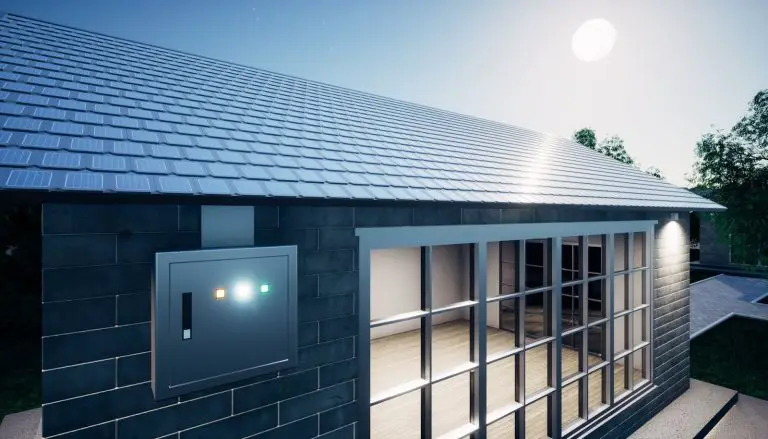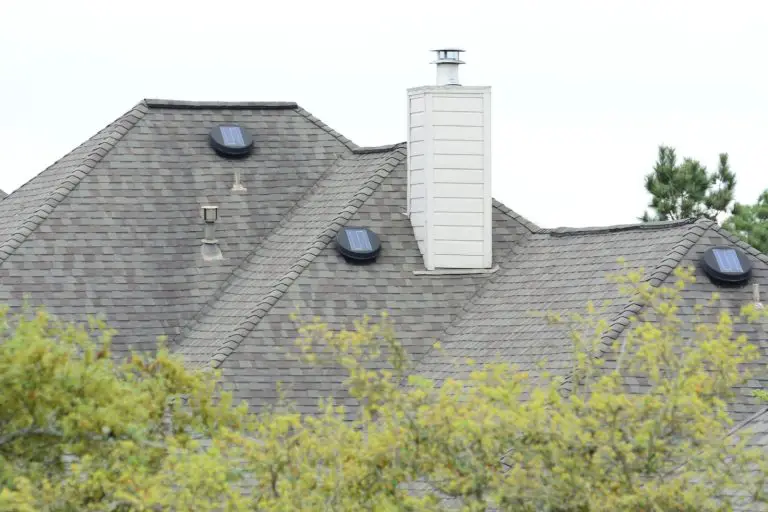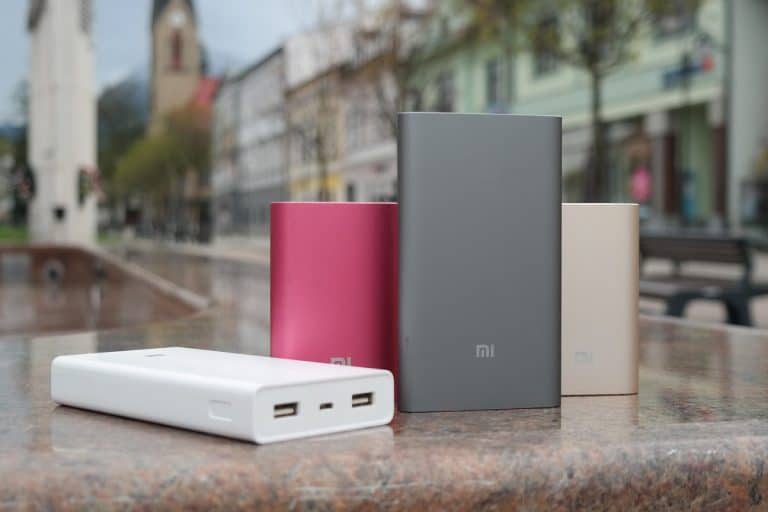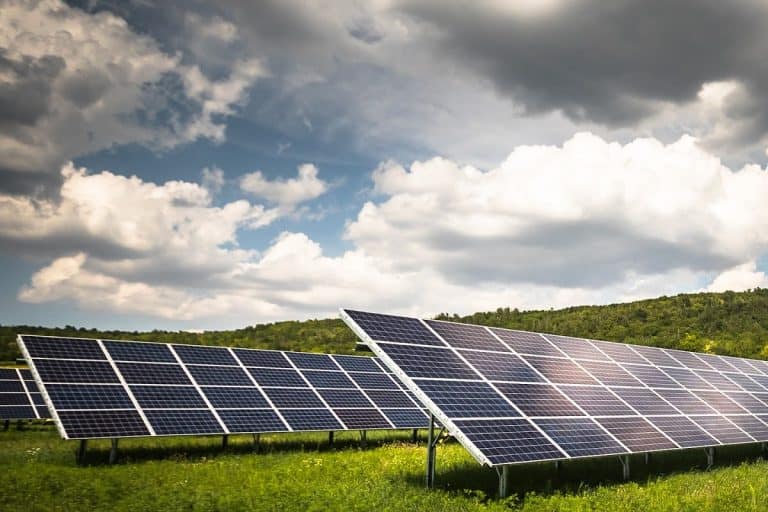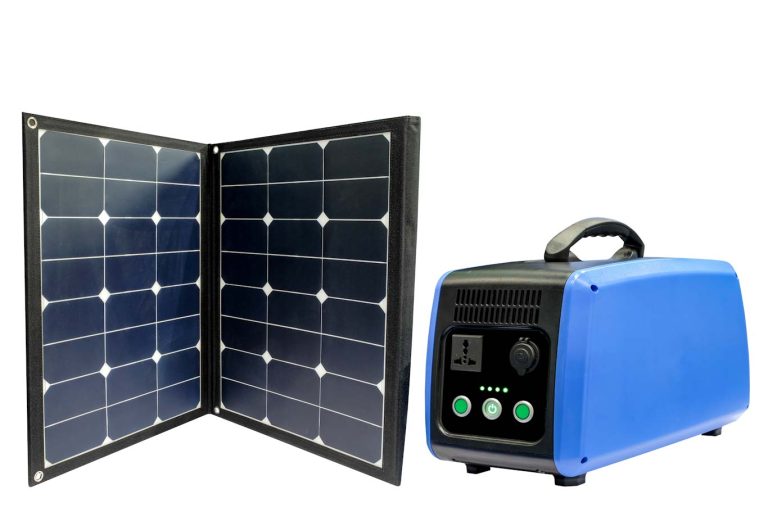Does Solar Water Cause Hair Loss? (We’ve Got The Answer)
Water heated by the directly by sun or via solar panels does not cause hair loss. Studies show that skin and hair damage stem from other environmental and genetic predispositions rather than the usage of solar water. Water heated by solar energy is the same as water heated by any other method.
Solar energy has so many benefits when it comes to ecology. It’s safe to use, it doesn’t produce any waste, and it’s sustainable and available to millions of people almost any day of the year. But because it’s a relatively new power source for regular households, there’s a lot of misinformation circulating, like solar water causing hair loss.
The best way to get rid of any concerns is to (re)build your knowledge base on all-things solar water. Let’s start with some basics.
Getting Solar Water To Your Household
To use solar water in your home, the first step is to set up a solar water heating system. Its main component is the solar heater, and there are two approaches you can go for.
- Active solar water heating systems – using a mechanism of some sort (valves, pumps), the water gets heated inside the heater and runs through the collector to supply your household. There are two types of active systems:
- Direct (open-loop) systems use pumps to get the solar water running. Expect to find it in warm environments as the systems are prone to corrosion.
- Indirect (closed-loop) systems pump non-freezing fluids that transfer the heat to the collectors, then exchangers carry the heat to the water. Perfect for sub-zero locations.
- Passive solar water heating systems are more affordable, but not as reliable. We also distinguish between two different kinds of passive systems:
- Integral collector-storage systems have insulated storage where the water gets heated, then runs through the pipes. It’s a good solution for a big family that uses plenty of solar water.
- Thermosyphon systems hold about 40 gallons of water running from the roof collector to the pipes below.
Neither passive nor active solar water domestic heating systems have been connected to skin damage and hair loss. Traditional water heating methods (gas, electricity) may cause more issues than solar water because of how hot the water can get. Not to mention the chemical treatment and state of old pipes found in lots of homes nowadays.

How Hot Does Solar Water Get?
The maximum temperature of solar water is 200 Fahrenheit, but this temperature won’t reach your body while showering. Hotter water stays on the top of the storage tank, where the Sun hits its highest point. However, without additional overheating protection systems in place, it could end up in skin burn and potential hair loss.
You can use flat plate collectors with a special coating to prevent losing any precious heat. It still keeps the system under control. Once the panel hits 167°F, the absorption process kicks in, lowering the temperature of solar water. Hair loss stands no chance next to a trusting system in place.
Invest in a proper solar water heating system to prevent hair loss concerns. You can build your own or buy an existing one so experts can set it all in place. Brush up on your UV radiation facts to avoid any underlying doubts.
Solar Water And UV Damage
Exposure to UV rays is an undeniable part of our everyday lives. There are some good sides to UV, like getting enough vitamin D, but there are downsides, such as premature skin aging.
UV skin damage can also cause hair loss, but does this relate to using solar water? Our skin consists of many layers, and the outermost one is the one that gets affected the most by the Sun rays. The stratum corneum protects our skin and hair, but the damage here has to do with chapped skin, dryness, and dandruff.
While there’s still a lot of research happening in this area, there aren’t any connections between hair loss and stratum corneum damage. The harmful UV rays aren’t strong enough to break through solar collectors. Solar water is safe to use for this part of the skin and should not cause significant hair loss.
Is Solar Water Good For Bathing?
Solar water is a good source of alternative water supply. It prevents the use of fossil fuels and greenhouse gas emissions. Besides the benefits to the environment, there are health benefits too.
When used for bathing, solar water may contribute to better health. Research has shown that solar-charged water enhances our immune systems and reduces inflammation and pain. It should come from a clean water source to provide the best perks. (source)
Investment in sustainable energy is proving to show even more health and climate benefits as time goes along. Future cities will be able to use renewable energy for electricity, water, and other necessary fuels to power our homes and industries. It will enable us to minimize even more risks in terms of our well-being.
Summary
Using solar panels as a source of energy is one of the best ways to contribute to a more sustainable future. Solar water works wonders for everyday household use, as it’s safe for drinking and bathing.
There isn’t any interconnectedness between solar water and hair loss. Use solar water just as you would regular water. Consult a doctor if experiencing hair loss issues – the root cause may lie somewhere other than water.

